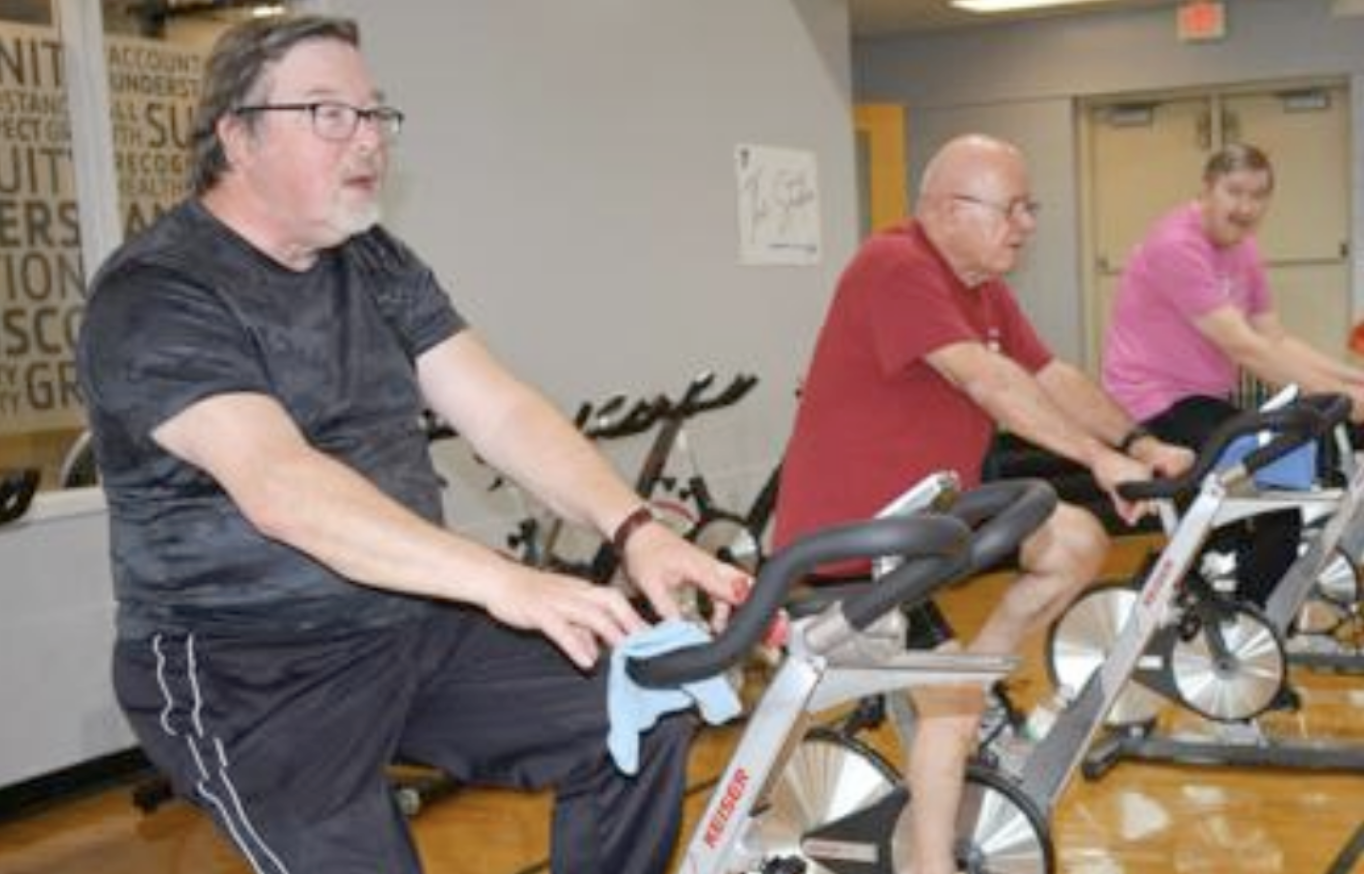Clearmind is cleared to begin in-human trials of its MEAI-based oral drug designed to treat Alcohol Use Disorder.
Clearmind Medicine announced that it received Institutional Review Board (IRB) approval from Hadassah Medical Center, Jerusalem, for its ongoing Phase 1/2a clinical trial evaluating CMND-100. This is an MEAI-based oral drug candidate designed to treat Alcohol Use Disorder (AUD). With this approval, Clearmind can now move forward on patient enrollment for its first in-human trial at this site.
Here’s what CEO Dr. Adi Zuloff-Shanai had to say …
“Securing IRB approval from Hadassah-University Medical Center, a globally respected institution, marks another important step in our journey to address the deep unmet need in Alcohol Use Disorder. The addition of Hadassah to our growing network of top-tier research centers — including Yale and Johns Hopkins — reflects the strong momentum behind our clinical program and reinforces our commitment to pioneering next-generation psychedelic-based therapies that can truly change lives.”
A new study published in the journal Nature has found that lithium plays a crucial role in healthy brain function and suggests it could be used to treat Alzheimer’s disease.
According to researchers, lithium is produced in the brain, and beta-amyloid plaques, which accumulate in the brains of people with Alzheimer’s, sequesters that lithium and accelerates the disease. After giving mice with mild and severe Alzheimer’s low levels of lithium, they managed to reverse pathological changes and memory loss.
This study builds on a 2017 study in Denmark which discovered that exposure to higher long-term lithium levels in drinking water may be associated with lower incidences of dementia. Check it out: https://www.nature.com/articles/s41586-025-09335-x
Synchron, a brain-computer interface (BCI) company, released the first public demonstration of a patient using an iPad controlled entirely by thought.
The patient, who is currently living with ALS, used Synchron’s BCI to navigate the iPad home screen, open apps, and compose text without using his hands, voice, or eyes. You can read more about this company and even check out a video of the demonstration here: https://synchron.com/
Did you know that cycling can boost brain function in people living with Parkinson’s Disease?
According to a new study published in the journal Clinical Neurophysiology, long-term adaptive cycling can measurably reshape brain signals in people with Parkinson’s Disease, offering clues into how exercise relieves motor symptoms.
Researchers used deep brain stimulation implants to track neural activity before and after 12 sessions of dynamic cycling. And while no immediate changes were seen, significant alterations in motor-related brain signals appeared by the end of the program. The findings suggest that exercise may induce broader network-level changes in the brain, helping to restore connections disrupted by Parkinson’s. Amazing stuff! Here’s more: https://www.sciencedirect.com/science/article/abs/pii/S1388245725004341?via%3Dihub
